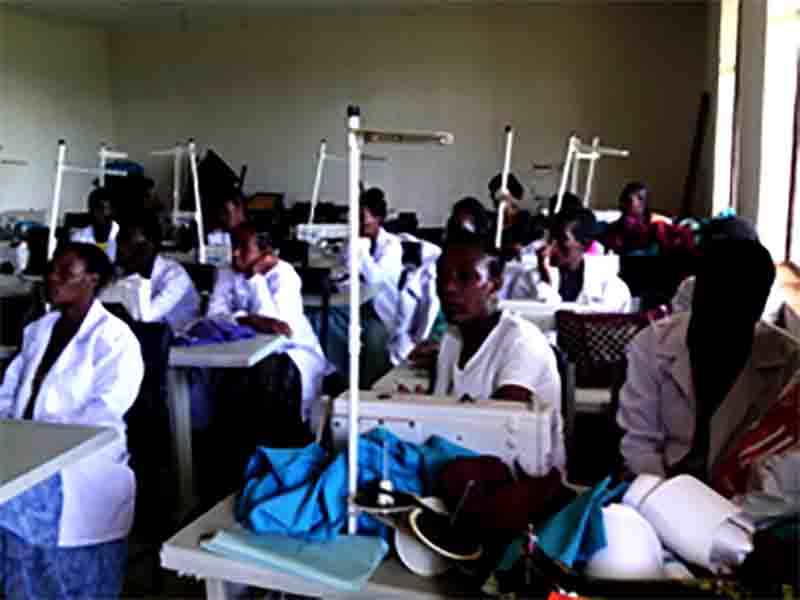Development Impacts of ECD

ECD has been working with children, girls and young people for the last 15 years by focusing on provision of preprimary and primary quality education, youth and women empowerment and employment and, prevention of harmful traditional practices and development of safe and inclusive cities. Ethiopian Center for Development (ECD) was able to contribute to positive developmental impacts in Ethiopia through its development program interventions.
- It was able to improve the capacity of schools and hence was able to make education more accessible and less of a challenge.
- It played a significant role in leading students to successfully proceed to the next levels of education and prevented school dropouts through facilitating support to students.
- It succeeded in preventing girls from dropping out of school due to higher rate of repetition, for lack of income, supply of sanitary materials, or insufficient or ineffective basic facilities in schools, physical and emotional abuses, lack of opportunity and space for after school study and life skills etc.
- It was able to improve the livelihood of desperately poor parents through facilitation of access to income generation and training opportunities.
- Made kindergarten education accessible in those areas where it is scarce and increase the number of children attending kindergarten.
- It reduced urban fragility by creating safe and inclusive Addis Ababa city for young women and men and hence reduced the inconvenient situation that affects young women and men.
- It increased young women and men’s access to decent, safe and sustainable work and economic opportunities.
- It contributed for the improvement of young women and men’s engagement in civic economic, social affairs of their local area.
- It was able to contribute for the acquisition of knowledge and skills by young women and men and enabled them to become self-employed or take on paid employment in accordance with labour market demand in the country.
- Strengthened the capacities of unemployed and underemployed young people, in particular women and enabled them to negotiate for and demand for decent work.
- It empowered the community (parents, influential community & religious leaders) to ensure stable abandonment of early marriage.
- It developed a strategy to better enforce the law and formulate community oriented regulative mechanisms to combat early child marriage and other harmful traditional practices.
